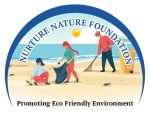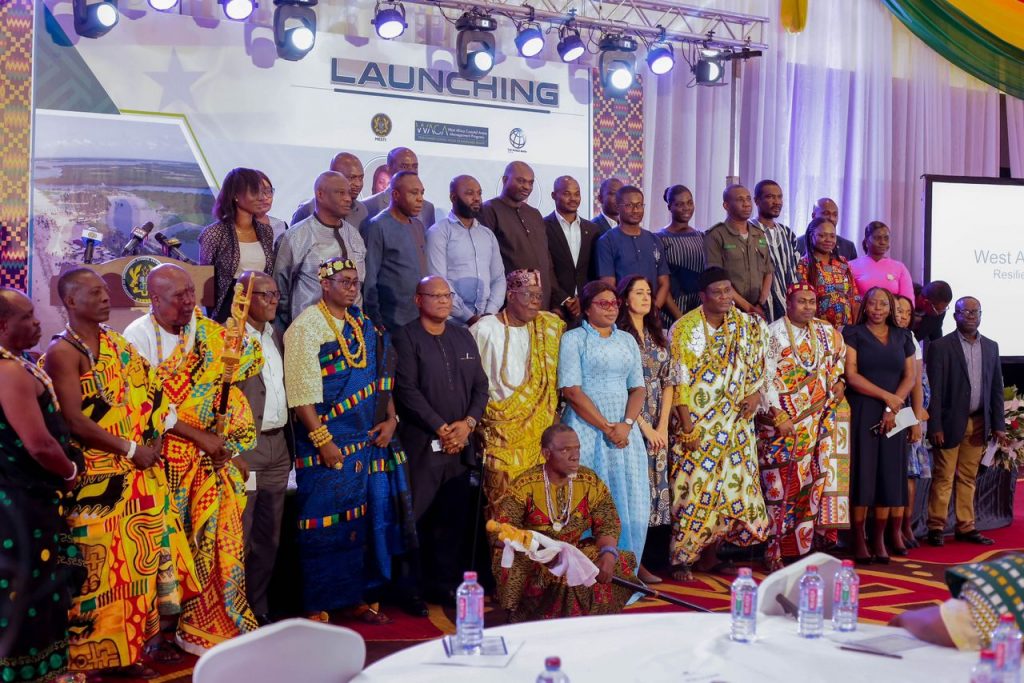Event Overview:
The West Africa Coastal Areas Resilience Investment Project (WACA ResIP 2) in Ghana, launched on August 7, 2024, is a significant initiative aimed at enhancing the resilience of coastal communities to climate change impacts like coastal erosion, flooding, and pollution. The event was marked by significant addresses from key figures, who highlighted pressing issues and planned interventions for coastal resilience in Ghana. This project, supported by the World Bank with a $155 million investment, is part of a broader regional effort that spans several West African countries.

In Ghana, the project focuses on several critical areas:
- Coastal Protection and Flood Management: Key initiatives include the construction of a jetty at Korle Lagoon to mitigate flooding in Greater Accra, and the restoration of mangrove forests in the Volta Delta and Keta Lagoon. These efforts aim to protect ecosystems and reduce erosion.
- Infrastructure Development: The project will involve building protective infrastructure, such as groins, to safeguard communities from the impacts of sea-level rise and storm surges.
- Livelihood Support: Alongside physical infrastructure, the project will fund social initiatives to protect and restore livelihoods for coastal communities, particularly those dependent on natural resources.
- Regional Integration: The project also contributes to broader regional efforts, including support for the West Africa Coastal Observatory and collaboration with the Abidjan Convention to harmonize coastal management policies across West African nations.
This initiative is part of a larger $507 million portfolio managed by the World Bank, involving multiple countries and international partners, all working together to enhance coastal resilience across West Africa (WACA Program) (World Bank) (WACA Program).
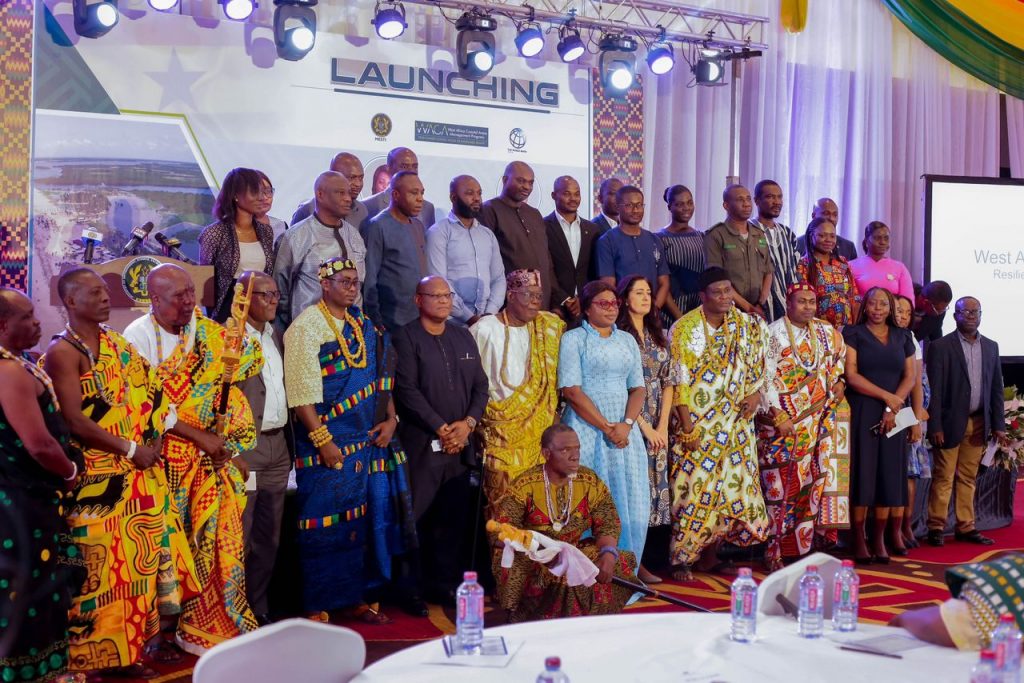
KEY ADDRESSES:
World Bank Remarks:
Naila Ahmed, Sustainable Development Programme Leader at the World Bank, addressed the significant challenges faced by Ghana’s coastal areas. She highlighted that 80% of the coastline is highly vulnerable to erosion and flooding, with erosion rates ranging from 4 to 12 meters annually.
Economic Impact: Coastal degradation costs Ghana about 4% of its GDP each year, affecting communities, ecosystems, and biodiversity. This underscores the urgency of the WACA ResIP 2 project.
Minister of Environment, Science, Technology, and Innovation (MESTI) Remarks:
Ophelia Mensah-Hayford emphasized the alarming rate of coastal erosion exacerbated by climate change. She stressed the importance of managing the coastal zone and natural environment for sustainable development and climate resilience.
Project Significance: The minister commended the WACA ResIP 2 project for its support in restoring coastal areas and acknowledged its role in enhancing the resilience of coastal communities.
OBJECTIVES OF THE WACA RESIP 2 Core Goals:
- Resilience Improvement: The primary objective of WACA ResIP 2 is to enhance the resilience of coastal communities by addressing erosion, flooding, pollution, and ecosystem vulnerability. This is crucial for protecting livelihoods, ecosystems, and biodiversity.
Integrated Approach: - Regional Collaboration: The project adopts a multifaceted approach involving technical assistance, financial support, and regional collaboration. This approach is intended to achieve transformational and sustainable changes in coastal zone management.
Implications: - Comprehensive Strategy: The integrated approach reflects a recognition that coastal resilience cannot be achieved through isolated efforts. Regional cooperation and a multifaceted strategy are essential for addressing the complex and interrelated issues of coastal management.

SPECIFIC INTERVENTIONS IN GHANA:
Korle Lagoon:
- Actions: Construction of a jetty, prevention of sediment accumulation, and stabilization of embankments through riprap structures and vegetation.
- Complementary Work: Supports ongoing efforts by the Greater Accra Resilient and Integrated Development (GRID) project.
Densu Delta: - Actions: Improved spatial planning, regulation enforcement, and vegetation of buffer areas to enhance ecosystem absorption capacity.
Keta Lagoon Complex: - Actions: Reforestation, protection of mangrove areas, and erosion control interventions. The project will focus on areas threatened by saline intrusion and sea-level rise.
BROADER IMPACT AND GOALS:
- Socio-Economic Benefits: The project aims to mitigate environmental damage while creating job opportunities and contributing to socio-economic development.
- Collaboration: There is a call for institutional support, private sector investment, and civil society involvement to ensure the project’s success.
Additional Context: - Climate Change: Since the 1960s, Ghana has experienced a rise in temperature and increased rainfall, leading to more frequent flooding and erosion. Projections suggest further temperature increases and more severe weather events by mid-century and end of the century.
- Regional Impact: Coastal erosion, flooding, and pollution affect an average of 500,000 people annually in Africa, impacting physical landscapes and socio-economic stability.
Key Takeaways: - The WACA ResIP 2 project is crucial for addressing the severe coastal erosion and flooding challenges in Ghana.
- It involves substantial financial investment and multi-dimensional interventions aimed at improving coastal resilience and safeguarding livelihoods.
- Collaboration among government, private sector, and local communities is essential for the project’s success and long-term sustainability.
ANALYSIS OF THE WACA RESIP 2 LAUNCH REPORT
Coastal Vulnerability and Economic Impact Challenge:
- High Vulnerability: The report indicates that 80% of Ghana’s coastline is highly vulnerable to erosion and flooding, with some areas eroding at rates of 4 to 12 meters annually. This significant erosion rate reflects severe environmental degradation and poses a serious risk to coastal communities and infrastructure.
Economic Consequences: - Cost to GDP: The World Bank highlights that coastal degradation costs Ghana approximately 4% of its GDP annually. This economic burden is substantial and affects not only physical infrastructure but also socio-economic stability, as communities dependent on coastal resources face increased vulnerability and reduced economic opportunities.
Implications: - Economic Strain: The cost of coastal degradation represents a major economic strain, diverting resources that could otherwise be used for development. Addressing this issue is crucial for sustaining economic growth and development.
NURTURE NATURE FOUNDATION (NNF) COLLABORATIONS AND BENEFITS
The Nurture Nature Foundation (NNF) could engage in several specific collaborations under the WACA ResIP 2 project in Ghana, leveraging its expertise in environmental sustainability and community engagement. Here are some potential areas for collaboration:
- Plastic Waste Management and Recycling Initiatives:
- Beach Cleanup and Waste Management: NNF’s existing initiatives, such as constructing eco-friendly tents from plastic bottles, align well with WACA ResIP 2’s goals of reducing pollution and improving coastal environments. NNF could lead or collaborate on projects focused on cleaning up beaches and promoting recycling in coastal communities.
- Educational Campaigns: NNF can partner with WACA ResIP 2 to expand its environmental education programs, teaching communities about the impacts of plastic pollution and methods for reducing waste.
2. Community-Based Mangrove Restoration:
- Mangrove Planting and Conservation: Given WACA ResIP 2’s emphasis on ecosystem restoration, NNF could work on mangrove restoration projects, utilizing its experience in community mobilization to engage locals in planting and conserving mangrove forests, particularly in areas like the Volta Delta.
3. Eco-Tourism Development:
- Sustainable Tourism Projects: NNF could collaborate with WACA ResIP 2 to develop eco-tourism initiatives that both protect the environment and provide economic opportunities for coastal communities. This could include creating eco-friendly tourist facilities, such as the plastic tents NNF has pioneered, and promoting sustainable tourism practices.
4. Youth and Women Empowerment:
- Training Programs: NNF’s work with youth and women can be scaled up in collaboration with WACA ResIP 2, focusing on skills development in areas like sustainable fishing, eco-friendly entrepreneurship, and environmental stewardship. This would align with the project’s social inclusion goals.
- Support for Small Enterprises: By working together, NNF and WACA ResIP 2 could provide microgrants or other forms of financial support to women and youth-led enterprises that focus on sustainability and resilience.
5. Environmental Advocacy and Policy Influence:
- Joint Advocacy Campaigns: NNF could collaborate with WACA ResIP 2 on advocacy campaigns aimed at influencing local and national policies related to coastal management, plastic waste regulation, and climate change adaptation.
6. Research and Data Collection:
- Participatory Research Projects: NNF could participate in or lead community-based research initiatives supported by WACA ResIP 2. This research could focus on understanding the impacts of climate change on coastal communities and developing locally appropriate solutions.
These collaborations would allow NNF to expand its impact, aligning its efforts with a broader regional strategy while contributing valuable local knowledge and expertise to the WACA ResIP 2 project.
SPECIFIC INTERVENTIONS IN GHANA
Korle Lagoon:
- Actions: Construction of a jetty, sediment prevention, and embankment stabilization.
- Complementarity: The project complements ongoing work by GRID, indicating a coordinated effort to address lagoon management and erosion control.
Densu Delta: - Actions: Improved spatial planning, regulation enforcement, and vegetation support.
- Focus: This intervention emphasizes ecosystem management and the prevention of further encroachment, which is critical for maintaining the health of the delta ecosystem.
Keta Lagoon Complex: - Actions: Reforestation and protection of mangroves, and erosion control.
- Focus: Addressing saline intrusion and erosion, with a focus on reforestation, highlights the project’s commitment to long-term ecological health and resilience.
Implications: - Targeted Interventions: The specific interventions demonstrate a targeted approach to addressing identified problems in key areas. This localized focus ensures that the interventions are relevant and impactful for the affected communities.
SOCIO-ECONOMIC AND ENVIRONMENTAL BENEFITS
Job Creation and Development:
- Economic Impact: Beyond environmental benefits, the project aims to create job opportunities and contribute to socio-economic development. This dual focus on environmental and economic outcomes reflects a comprehensive approach to sustainable development.
Community Involvement: - Collaboration: The call for collaboration with civil society, the private sector, and local communities underscores the importance of inclusive and participatory approaches in achieving project goals.
Implications:
Holistic Benefits: By addressing both environmental and socio-economic challenges, the project aims to deliver holistic benefits. This approach is likely to enhance community support and ensure the sustainability of project outcomes.
- Climate Change Context
Climate Projections:
- Rising Temperatures and Flooding: The report contextualizes the project within the broader climate change framework, noting projected increases in temperature and rainfall. These changes exacerbate coastal erosion and flooding, making the project’s objectives even more critical.
Implications: - Urgency: The climate change context adds urgency to the project’s objectives. Addressing coastal vulnerability in the face of climate change is essential for long-term resilience and adaptation.
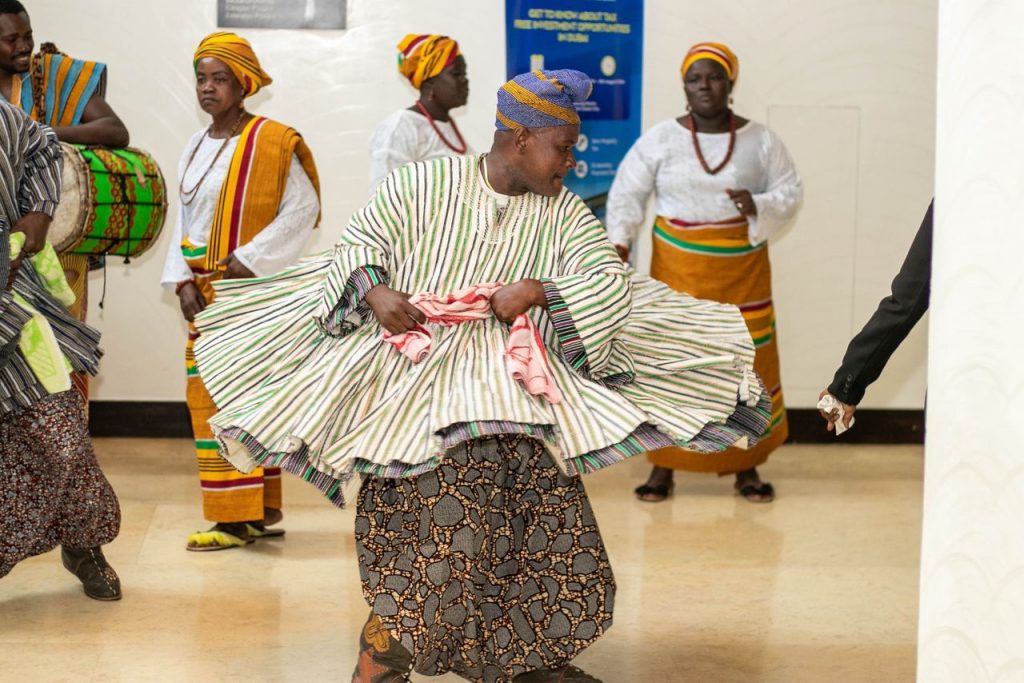
NNF POTENTIAL FUNDINGS
International Development Agencies:
- World Bank: As a primary funder of WACA ResIP 2, the World Bank offers various grant opportunities for NGOs working in climate resilience and environmental sustainability. NNF could apply for specific grants related to coastal protection, waste management, or community development.
- United Nations Development Programme (UNDP): UNDP supports projects that align with the Sustainable Development Goals (SDGs), including climate action and life below water. NNF could seek funding for projects that promote sustainable coastal management and community engagement.
- Global Environment Facility (GEF): GEF funds projects that address global environmental issues, including those related to climate change, biodiversity, and international waters. NNF could apply for GEF Small Grants to support grassroots environmental initiatives.
2. Corporate Social Responsibility (CSR) Programs:
- Multinational Corporations: Companies with significant operations in Ghana, particularly in the oil, gas, and mining sectors, often have CSR programs focused on environmental sustainability. NNF could partner with these companies to fund its initiatives, particularly those that help mitigate the environmental impact of industrial activities.
- Local Enterprises: Ghanaian businesses, especially those in tourism and hospitality, might be interested in supporting NNF’s eco-tourism and waste management projects as part of their CSR commitments.
3. Philanthropic Foundations:
- Bill & Melinda Gates Foundation: Known for funding projects in global health, development, and poverty alleviation, this foundation might be interested in supporting initiatives that improve the livelihoods of coastal communities in Ghana.
- Rockefeller Foundation: With a focus on building climate resilience in vulnerable communities, the Rockefeller Foundation could be a valuable source of funding for NNF’s climate adaptation projects.
- Ford Foundation: This foundation supports social justice and sustainable development initiatives, making it a potential funder for NNF’s community empowerment and environmental protection projects.
4. Crowdfunding and Public Donations:
- Platforms like GlobalGiving and GoFundMe: NNF can launch crowdfunding campaigns to raise funds from individuals and small donors globally. These platforms allow NGOs to present their projects to a broad audience, attracting donations for specific initiatives.
- Local Fundraising Events: Organizing events in Ghana to raise awareness and funds for NNF’s projects could also be effective, especially when involving local businesses and influencers.
5. Government Grants and Public Funding:
- Ghana’s Ministry of Environment, Science, Technology and Innovation (MESTI): NNF could apply for national grants focused on environmental sustainability, coastal management, and climate adaptation.
- European Union Delegation to Ghana: The EU often funds environmental projects in Ghana through various programs aimed at promoting sustainability and climate resilience.
6. Partnerships with International NGOs:
- WWF (World Wildlife Fund): Partnering with larger international NGOs like WWF could provide both funding and technical support for NNF’s conservation and environmental education projects.
- Oxfam: With a focus on poverty alleviation and sustainable development, Oxfam might collaborate on projects that empower coastal communities in Ghana.
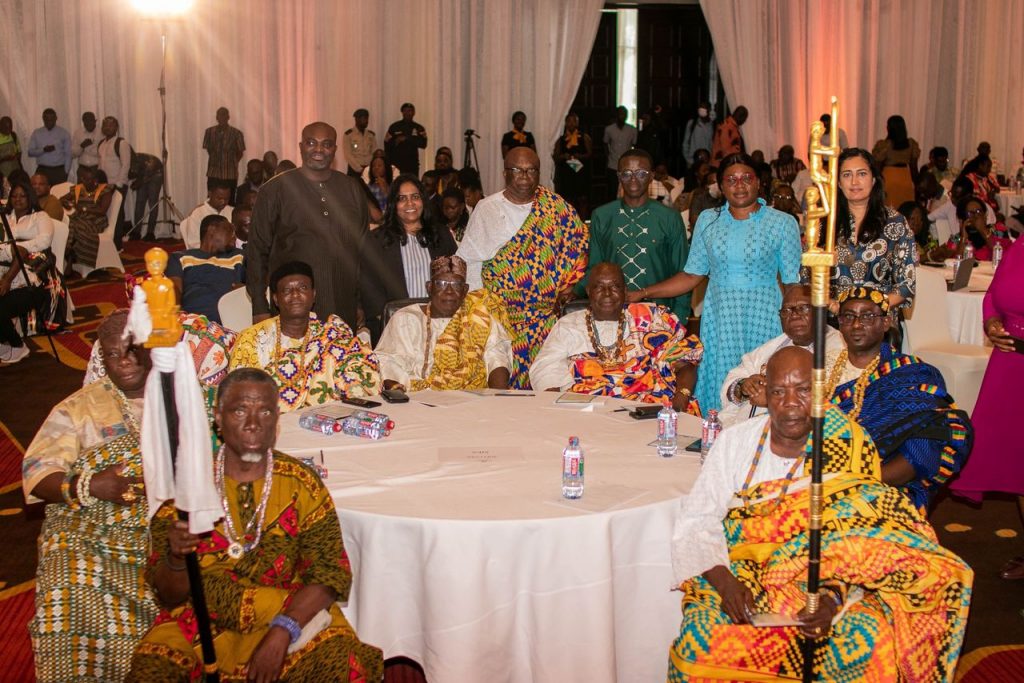


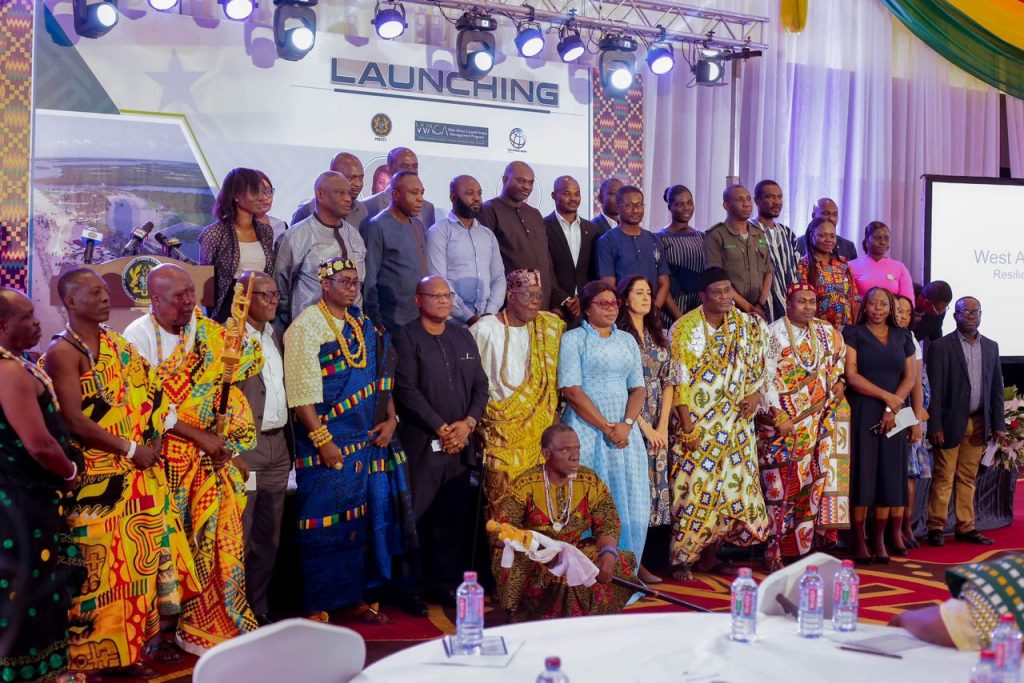

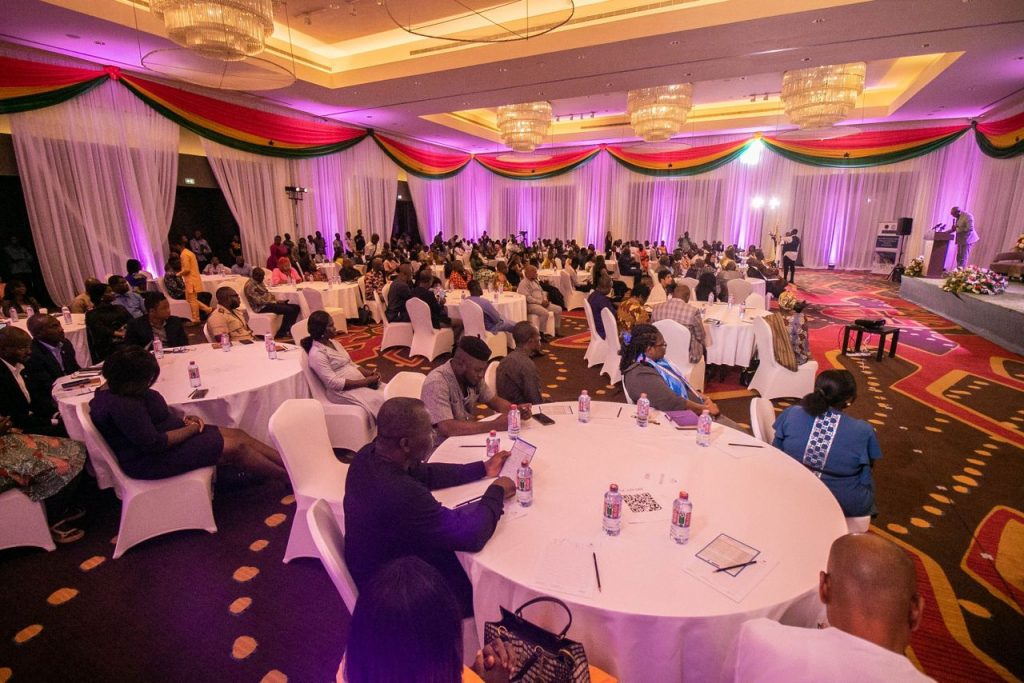


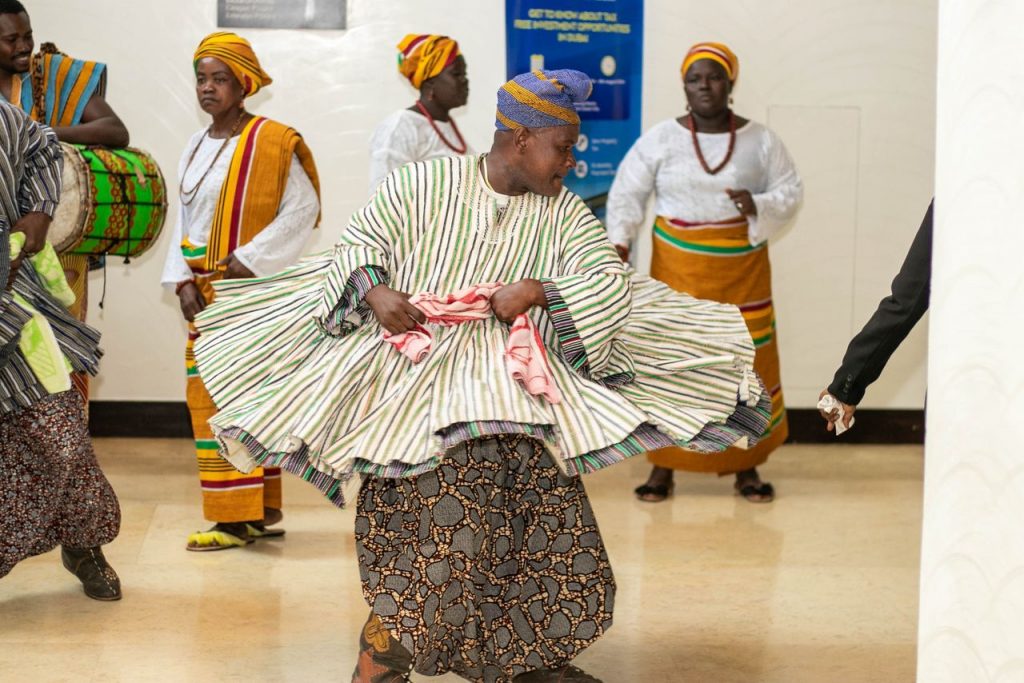
WHAT IS NEXT FOR NNF?
To advance the Nurture Nature Foundation (NNF) involvement and maximize its impact within the framework of WACA ResIP 2, the following steps could be taken:
- Strategic Alignment and Proposal Development
- Identify Key Project Areas: NNF should identify specific components of the WACA ResIP 2 that align with its strengths, such as waste management, community engagement, and eco-tourism.
- Develop Detailed Proposals: NNF needs to draft detailed project proposals that align with WACA ResIP 2’s goals. These should highlight how NFF’s initiatives can contribute to the overall project, including specific outcomes, timelines, and resource needs.
- Engage with Stakeholders: Initiate discussions with WACA ResIP 2 coordinators, the World Bank, and other involved stakeholders to ensure NNF’s proposals align with the broader project objectives and secure necessary approvals and support.
2. Funding Acquisition
- Apply for Grants and Funding: Use the proposals to apply for funding from relevant sources identified earlier, including the World Bank, international foundations, and CSR programs.
- Partnership Building: Establish formal partnerships with local and international organizations that could provide co-funding, technical assistance, or in-kind support.
3. Capacity Building and Training
- Strengthen Organizational Capacity: NNF should invest in building its internal capacity to manage larger, more complex projects. This could include training staff on project management, financial oversight, and monitoring and evaluation (M&E).
- Community Training Programs: Expand current training programs for communities to include topics relevant to WACA ResIP 2, such as coastal resilience, sustainable livelihoods, and disaster preparedness.
4. Pilot Project Implementation
- Launch Pilot Initiatives: Begin with smaller-scale pilot projects that can demonstrate NSF’s capability and the potential impact of their initiatives within the WACA ResIP 2 framework. This could include projects like expanding the plastic tent initiative or initiating community-led mangrove restoration.
- Monitor and Evaluate: Implement robust M&E frameworks to assess the effectiveness of these pilots, gathering data that can be used to scale up successful initiatives.
5. Advocacy and Policy Engagement
- Policy Advocacy: Engage in advocacy efforts to influence local and national policies that support sustainable coastal management and resilience, leveraging the visibility and outcomes of pilot projects.
- Public Awareness Campaigns: Conduct campaigns to raise awareness about the importance of coastal resilience and the role communities can play, thus garnering more local support and participation.
6. Scaling Up and Expansion
- Scale Successful Projects: Based on the success of pilot initiatives, seek further funding and partnerships to scale these projects across more coastal communities.
- Regional Collaboration: Explore opportunities to collaborate with other NGOs and government bodies across West Africa to replicate successful models in other WACA ResIP 2 countries.
